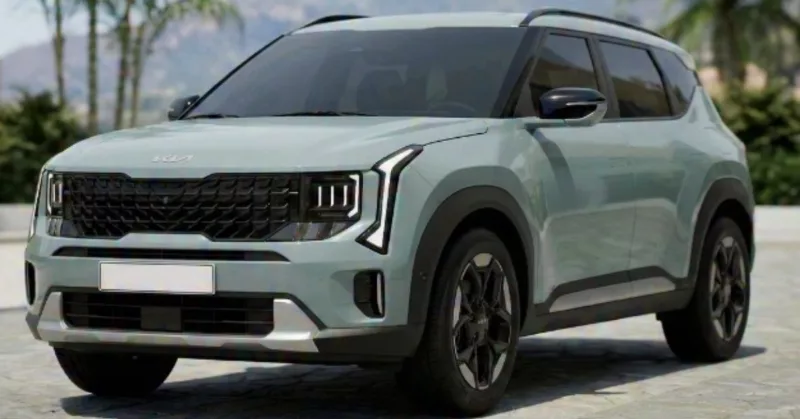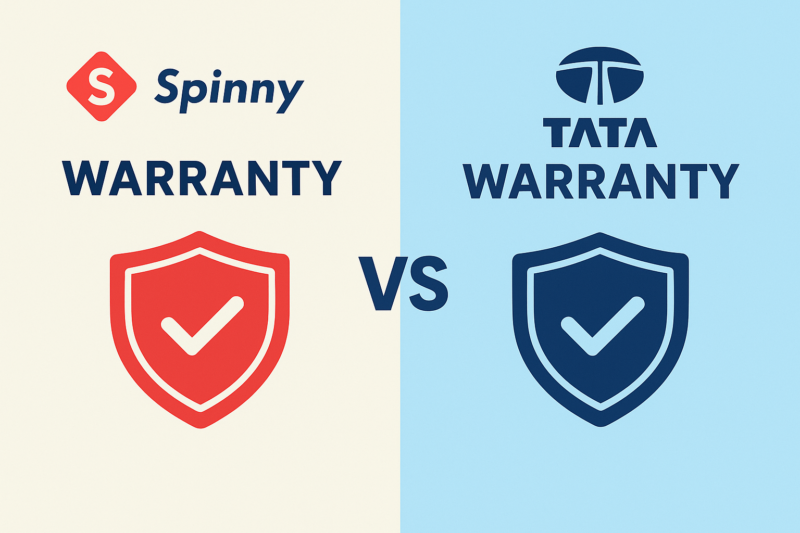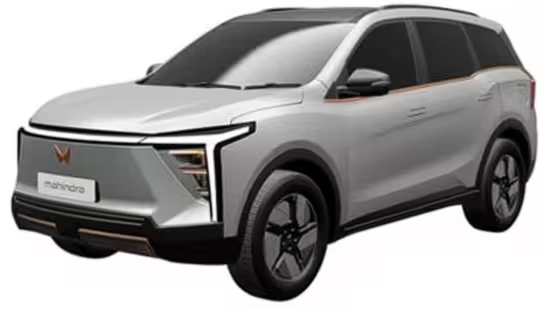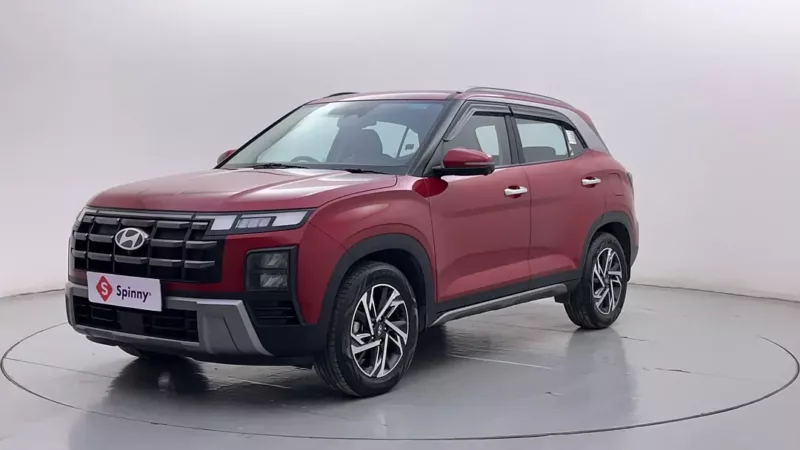The nation’s vision to engulf an eco-friendly environment has perhaps found its first stepping stone. Multiple solar energy-based electric vehicle charging stations (SEVCs) have been set up on the Delhi-Chandigarh highway.
Under the FAME-1 (Faster Adoption and Manufacturing of (Hybrid) & Electric Vehicles) scheme stipulated by the Ministry of Heavy Industries in India, this eco-friendly network of stations has been built by Bharat Heavy Electricals Limited (BHEL).
The fact that they are solar-energy-based helps the eco-friendly purpose exceptionally more than the regular ones. One of the stations has been inaugurated, the rest will be in a working position by the end of this year as claimed by BHEL.
Inaugurated on 19th August 2021, the EV charging station has been strategically set up at Karna Lake Resort, the midpoint of the Delhi-Chandigarh highway. This EV station is equipped for all kinds of electric vehicles across the country. It is rendered, that EV stations will be located on every 25-30 km of the highway to eradicate the range-anxiety problems of EV owners and boost up their confidence in electric vehicles.
Exponentially rising fuel prices have propelled Indians to look for alternate solutions, as depicted by the sales figures of CNG cars. If high initial cost, charging duration, and EV infrastructure had not been ponderable issues in the nation, then electric cars too would have been the people’s choice.

But now, times seem to change leaps and bounds. The promoting forces currently in action are:
- The massive subsidies on EVs by the central and state governments.
- Government developing the needed infrastructure such as the EV stations network on Delhi-Chandigarh Highway.
- A car like Tata Tigor EV is rolled out that offers fast charging, power, efficiency, and most important- affordability. And many such cars are promised to be introduced soon.

The State Governments’ initiatives for EV charging stations
State | Targets (Charging Stations / Charging Station Density) |
Andhra Pradesh | 0.1 million (by 2024) |
Bihar | Every 50 km on all highways |
Chandigarh | 1,000 (by 2030) |
Delhi | Every 3 km |
Karnataka | Every 50 km on highways between prominent cities |
Kerala | Every 5km x 5km grid in cities and at every 25 km interval along the entire National Highway |
Madhya Pradesh | Every 50 km on major roads including highways |
Tamil Nadu | Every 25 km intervals on both sides of NHAI and State Highways |
Telangana | Every 50 km within state boundaries on highways to cities like Bengaluru, Mumbai, and Chennai |
Uttar Pradesh | 0.2 Million (by 2024) |
The EV stations establishment under FAME I and FAME II schemes

The solar-powered EV charging stations network on the Delhi-Chandigarh highway will hopefully be the first of many such projects. As PM Modi stated in his Independence Day speech, the government seems determined for environmental security. If this is something that is on the nation’s policy makers’ minds, the green revolution in the nation is running a commendable healthy course.
Important Links
7 Seater Cars | Best Mileage Cars | Used Cars In Bangalore | Used Cars In Delhi | Hybrid Cars in India | Sunroof Cars | Used Cars In Gurgaon | Used Cars In Hyderabad | Used Cars In Noida | Used Cars In Pune | CNG Cars in India | Jeeps in India | Used Cars In Mumbai | Used Cars In Ahmedabad | Types of Cars | Car Brands in India | Used Cars In Chennai | Used Cars In Kolkata | Used Cars in Lucknow | Automatic Cars in India | Luxury Cars in India | Used Cars in Chandigarh | Used Cars in Coimbatore | Used Cars in Indore | Used Cars in Jaipur



